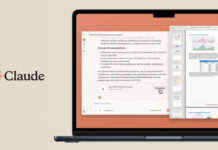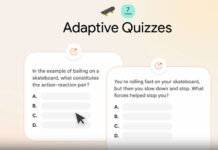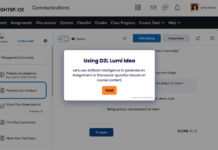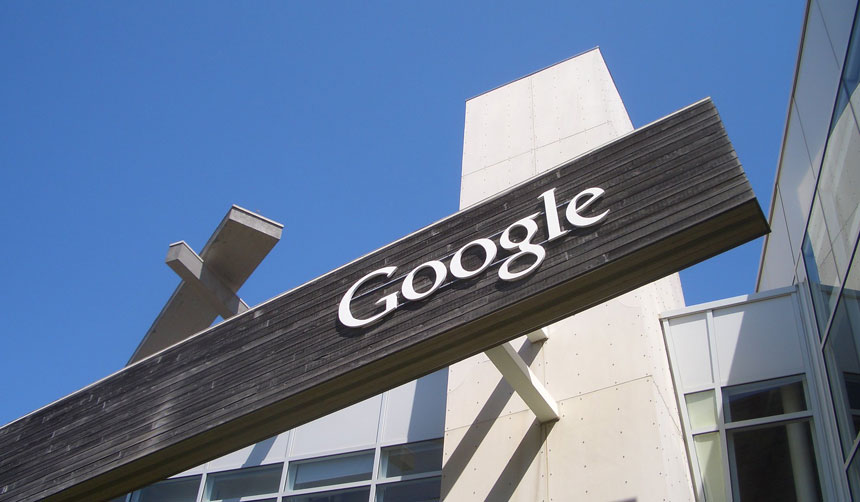IBL News | New York
Google researchers have created an AI system called MusicLM that can generate songs in any genre from any text. This AI was trained on a dataset of 280,000 hours of music to learn to generate coherent songs. TechCrunch reported the story first.
However, Google, fearing the risks of copyright laws along with ethical challenges, said that it has no immediate plans to release it.
The project was detailed in an academic paper. Creators gave MusicML instructions, such as “a calming violin melody backed by a distorted guitar riff”, “create an enchanting jazz song with a memorable saxophone solo and a solo singer”, or “Berlin ’90s techno with a low bass and strong kick.”
Researchers said that songs sound something like a human artist might compose, albeit not necessarily as inventive or musically cohesive. However, MusicLM managed to capture instrumental riffs, melodies, and moods.
Google researchers showed that the system could create melodic stories fit for a movie soundtrack or generate audio played by a specific type of instrument in a certain genre.
This AI “musician” can be set to compose music inspired by places, epochs or requirements (e.g. motivational music for workouts).
A concern of Google is the tendency of MusicML to incorporate copyrighted material from training data into the generated songs. During an experiment, they found that about 1% of the music the system generated was directly replicated from the songs on which it trained. Deepfake music stands on murky legal ground.
Music Publishers Association argued that AI music generators violate music copyright. Legal copyright experts say that an AI system music would be considered a derivative work, in which case only the original elements would be protected by copyright.
Several lawsuits likely would be filed pertaining to the rights of artists whose work is used to train AI systems without their knowledge or consent.
Before MusicML, there have been other attempts at generative music, such as Riffusion, Dance Diffusion, Google’s own AudioML, and OpenAI’s Jukebox.

 En Español
En Español



![OpenAI Released Apps that Work Inside ChatGPT and an SDK [Video]](https://iblnews.org/wp-content/uploads/2025/10/openaieventday-218x150.jpg)









![Apple Marketed Its New iPhones As a Best-In-Class Hardware, Not As an AI Device Maker [Video]](https://iblnews.org/wp-content/uploads/2025/09/iPhoneair-218x150.jpg)







